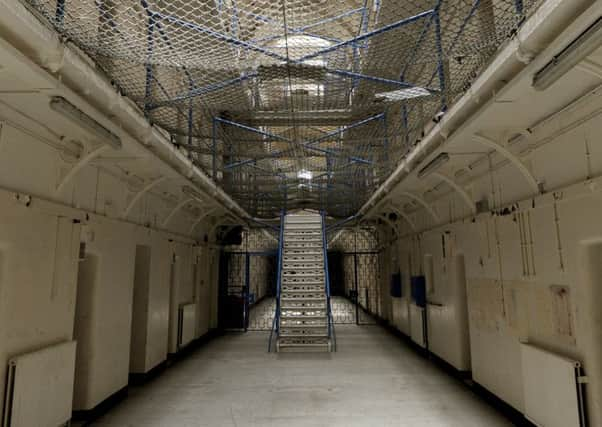Public put at risk as freed sex offenders placed in budget hotel chains


A shock report by the prison and probation watchdogs concluded not enough was being done to protect the public from sex offenders, with four in 10 who had been released from jail doing no work at all to reduce the risk of re-offending.
Chief Inspector of Probation Dame Glenys Stacey said it was “a very troubling picture” and the public would find it “unacceptable” that sex offenders had been rehoused where there were potentially women, children and families staying.
Advertisement
Hide AdAdvertisement
Hide AdInspectors visited five male prisons, examining 53 cases. A total of 120 probation cases were scrutinised in five areas.
The joint report by Her Majesty’s Inspectorate of Probation and Her Majesty’s Inspectorate of Prisons said: “We expect prison and probation services to work with sexual offenders to reduce the risk of them re-offending and to protect the public from harm.
“In the cases we inspected, not enough work was being done, either in prison or after release, to reduce re-offending or to protect the public.”
There are currently 13,580 prisoners serving jail terms for sexual offences, nearly a fifth of the total prison population. A similar proportion of the 106,819 probation cases nationally are sex offenders.
Advertisement
Hide AdAdvertisement
Hide AdAs well as two cases where offenders were sent to budget hotel instead of approved premises, formerly known as bail hostels, there was one instance when a prisoner used another inmate’s phone account to contact his victim.
Inspectors said the jail was too slow to react and had failed to monitor mail and phone communications by the inmates, as would be expected.
The report said: “In too many cases in prisons we found that little, if anything, was done to reduce the likelihood of re-offending.”
It continued: “Planning for release is nowhere near good enough, and too little, too late.”
Advertisement
Hide AdAdvertisement
Hide AdAmong the 120 probation cases, only 17 offenders had started a programme to reduce the risk of re-offending, out of 42 ordered to complete one.
Since the last inspection of this kind in 2010, the number of registered sex offenders has gone from 34,939 in March 2010 to 58,637 in March 2018.
Nationally there is a 25 per cent shortfall in places for all offenders in approved premises, formerly known as bail hostels.
The inspectors said they “saw two examples of men convicted of sexual offences being released to budget hotels or other temporary accommodation. We found it hard to see how such accommodation could be defensible in terms of protecting the public. Other hotel residents are likely to be transient and close monitoring of the offender problematic”.
Advertisement
Hide AdAdvertisement
Hide AdOne of the prisons to be visited was Doncaster, where despite 30 per cent of the prison population being convicted of a sexual offence there were no accredited rehabilitation programmes for such offenders at the time of inspection, although one had been due to begin.
But the report did praise Doncaster for “good attempts to engage prisoners”, as well as staff training for child sexual exploitation offences.